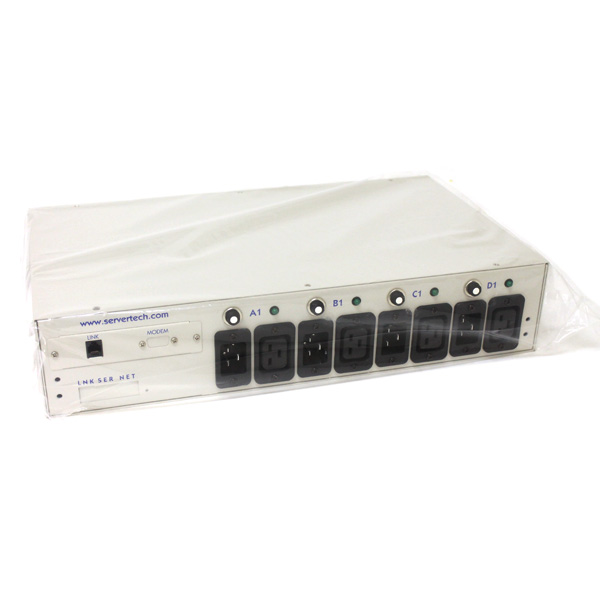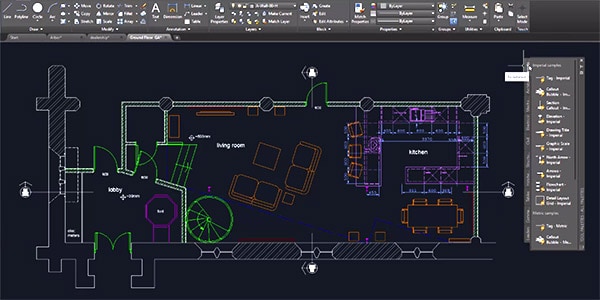There is a close connection between leadership and power. People follow leaders because they have power and because people follow them, the leaders get the power to lead. Social psychologists John French and Bertram Raven conducted a survey in 1959 to discover the common sources of power in management. The result of the survey identified five major sources of power, referred to as French and Raven’s Five Bases of Power. Knowing how to use these powers is important to be able to use them effectively. In this article we will take a look at the five different types of power and look at some tips on how to use them effectively.

Tips on Using the 5 Different Types of Power in Management

Of the five major sources of power, some derive from formal designation, while others come from personal qualities. Coercive, reward and legitimate power can be categorized in the formal power category. The remaining two types,expert and referent power,are personal powers. Let’s take a close look at the five major types of power:
Lenovo Settings Power Manager for Windows 10 (Version 1703 or Later) - ThinkPad Lenovo Inc. Lenovo Power Manager doesn't work because the Setup file is blocked. The blocking mechanism is a so-called hard block and is applied by the Program Compatibility Assistant. The following workaround fixed it for me: Install the Windows 10 Assessment and Deployment Kit ( adksetup for Windows 10) and download from Microsoft. Manually activating power management in Windows 10. Click on the Windows 10 icon in the taskbar, located in the bottom left-hand corner of the screen. Then click on “Settings”, which can be found directly above the Windows 10 icon. Next, click on “System.”. Dell Power Manager is an application that allows end users to maximize their system’s battery life by configuring how the battery should be maintained based on their personal preferences. Please enter your username or ID.
- Legitimate power
Also known as positional power, this kind of power derives from the formal position of a person in an organization. For example, the CEO of the company gets the power to control the company’s resources simply because of his/her position. Managers can use legitimate power in the event of an emergency in order to make the employees function at their optimal. However, too much dependency on legitimate power can be harmful. The effect of legitimate power disappears as soon as the leader loses his formal position. So, instead of depending solely on legitimate power, you should use your natural leadership skills for controlling or leading people.
Essentially the way a person behaves or reacts to someone in a position of power can be out of respect or fear, such as the fear of disappointing or being fired. If it is fear then this can only create a certain level of quality output for so long.

2. Coercive Power

The ability to influence people with threats and punishments is referred to as coercive power. For example, managers can threaten an employee to fire them from a job, charge a penalty or give them a poor performance review to force him into putting more effort in the job. Although this is not a long term solution, at times managers can use this to meet strict deadlines or in times of an emergency.
Continual use of this power will only alienate team members and cause them to leave the organization and in the process be a very unhappy person. Download tomb raider for mac free.
3. Reward Power
The ability to reward people is also a source of power. Known as reward power, this can be used for motivating the team members to improve performance. Rewards can come in different forms, such as a salary increase, awards, promotion, training opportunities or a tour package at the company’s expense. However, there are some practical problems when using this type of power. For instance, managers often don’t have much control over things, such as salary increases, incentives and other monetary-related rewards. The final decision regarding these matters is generally taken by the board of directors or executive team. Moreover, repetitive use of this power can decrease its effectiveness of rewards to the recipients.
One other difficulty with reward power is that every person has different wants and needs and one type of reward will not satisfy all team members or employees. Some want money and others want power themselves, some just want to be noticed. It can be an intricate and difficult process to determine what rewards best motivate each employee and in some cases you just may not be able to offer the reward.
4. Expert Power
The ability to influence others using your skills, knowledge and expertise on a particular domain is referred to as the expert power. This kind of power depends more your personal skills. So, in order to use this power consistently, you should keep on enhancing your skills. One good thing about this type of power is that it is not dependent on your formal position.

An important tip about using your expert power is that you have to have confidence in your abilities and knowledge, if you do not show confidence in yourself your expert power, well, has less power. Believe in yourself, many of us are experts in or great at something, but just don’t believe it. What are you great at? Remember you can’t know everything, so an expert is not a person that knows everything.
5 . Referent Power
This kind of power derives from the relationship of a manager with the other employees. If a manager can build a strong relationship with the employees, it helps him/her to bring the best out of them as well. Leaders with charismatic personality can use their charm and charisma to get the best out of the employees. Excessive dependency on this type of power can be harmful as well. As one doesn’t need to do anything to earn this type of power, leaders tend to misuse this power. However, if used properly, it can be quite effective.
For effective project management, you should use each of these five types of power at the right opportunity of using them. Remember, power can be used for many purposes, to lead and direct and to influence and negotiate. Using your power is not all about how you lead your team but also how you interact with and influence other people such as sponsors and stakeholders.
Think carefully about how you use your power.
What situations can you think of that you have used a different type of power? How did it go? Put a comment below to let us know.
Power, Utilities & Renewables - SAP Manager - (EAM)
Same job available in 13 locationsAtlanta, Georgia, United States
Boston, Massachusetts, United States
Charlotte, North Carolina, United States
Chicago, Illinois, United States
Costa Mesa, California, United States
Dallas, Texas, United States
Houston, Texas, United States
Los Angeles, California, United States
Minneapolis, Minnesota, United States
Philadelphia, Pennsylvania, United States
Pittsburgh, Pennsylvania, United States Can t download pdf on mac.
Program Manager Professional
San Jose, California, United States
Power Manager Professional Software
Washington, District of Columbia, United States




